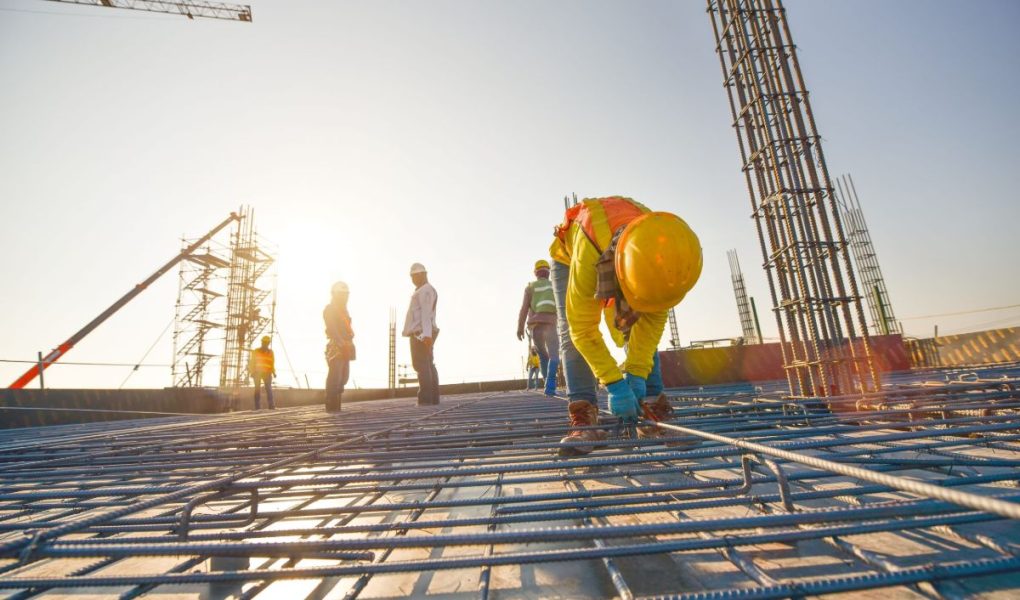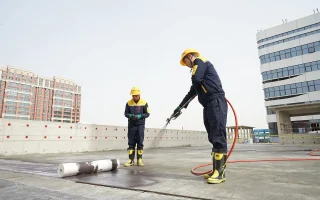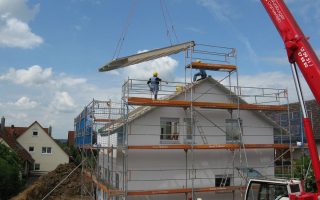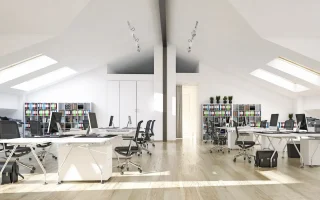Across the building industry, there’s growing recognition that sustainability must start at the design table. By integrating construction value engineering services in Ireland, developers can rethink how buildings are planned, constructed, and maintained. This discipline doesn’t focus on cutting corners—it sharpens outcomes by improving material selection, structural efficiency, and overall performance, all while promoting ecological responsibility.
Balancing Environmental Impact with Functionality
Reducing carbon emissions doesn’t have to compromise operational goals. Value engineering assesses every component of a building to identify where improvements can be made—structural frames, insulation systems, glazing specifications, and energy infrastructure. Each decision is evaluated not just for cost, but for its contribution to long-term efficiency and reduced environmental strain.
Minimising Material Waste at Every Phase
From concept through to completion, waste represents both an ecological and financial burden. Through detailed analysis, engineers pinpoint where over-specification or redundancy can be reduced. Substituting bulky materials with lighter, recycled or modular options lessens transportation needs and landfill contributions, cutting embedded carbon while maintaining structural reliability.
Improving Energy Efficiency Through Smart Design
Strategic redesign doesn’t always involve new technology. Sometimes it’s as straightforward as reorienting a structure to maximise passive solar gain or fine-tuning the building envelope to reduce heat loss. These value-led interventions ensure buildings use less energy to heat, cool, or light interior spaces—without requiring major capital input.
Extending Lifespan and Reducing Maintenance
One of the most overlooked contributors to sustainability is durability. Materials and systems that degrade quickly require frequent replacement, adding to both cost and waste. By evaluating lifecycle performance during the planning phase, value engineering promotes solutions that require less intervention over time, reducing resource consumption across decades.
Unlocking Cost Savings Without Compromising Vision
There’s a misconception that green design drives up expenses. In truth, value engineering often reveals inefficiencies where funds are being directed towards low-impact items. By reallocating budgets towards elements with stronger environmental returns—such as low-energy lighting, high-efficiency heating, or renewable technologies—projects gain more value for the same investment.
Supporting Sustainable Procurement Strategies
Sourcing plays a crucial role in minimising a project’s environmental footprint. Value engineering assesses the origin of materials, transport requirements, and vendor sustainability credentials. Local sourcing, recycled content, and certified suppliers all feed into smarter procurement decisions. This results in less embedded energy, fewer emissions, and more support for regional economies.
Enhancing Compliance with Green Building Standards
Whether aiming for LEED, BREEAM, NZEB or other sustainability certifications, achieving compliance requires deliberate planning. Value engineers guide choices that align with these frameworks, ensuring both constructability and cost viability. Their expertise helps navigate certification pathways, avoiding last-minute design overhauls and unexpected expenses.
Facilitating Collaboration Across Disciplines
Sustainable outcomes don’t emerge in isolation. Value engineering teams engage architects, sustainability consultants, structural engineers, and M&E designers early in the process. This fosters integration between systems, reduces design conflicts, and unlocks opportunities for synergistic environmental benefits. Better cooperation leads to more efficient buildings with fewer compromises.
The Intelligent Path to Greener Construction
True sustainability requires more than good intentions—it demands informed, precise decisions at every turn. With the expertise of construction value engineering services in Ireland, project teams can reduce waste, conserve resources, and design smarter without inflating costs or eroding quality. This approach transforms the construction industry from a resource-intensive sector into a catalyst for long-term environmental stewardship. Value engineering doesn’t merely refine buildings—it redefines what sustainable development looks like in practice.




